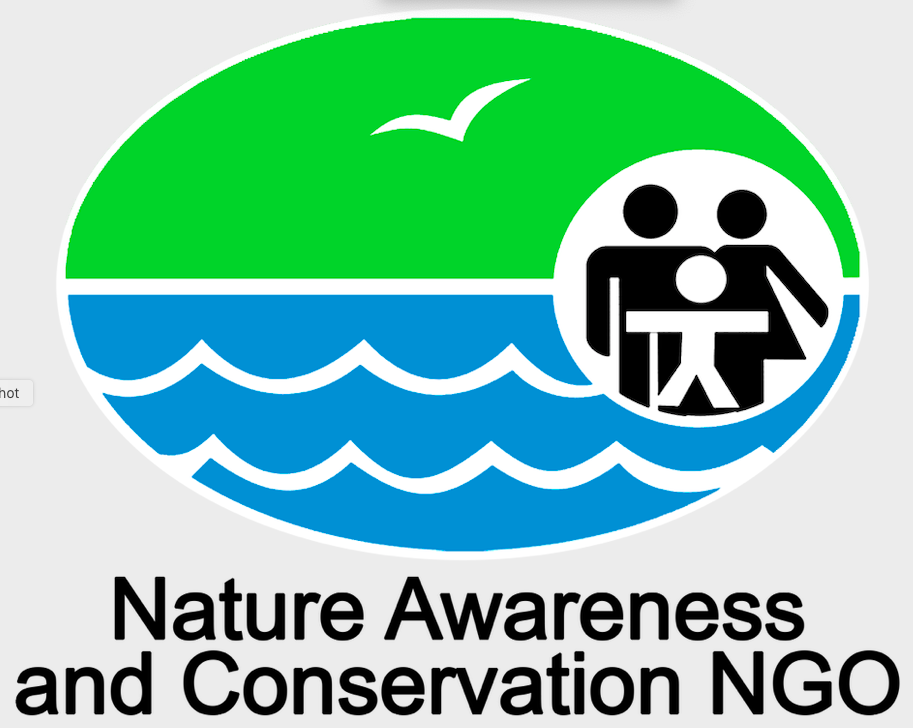|
Apr 27, 2025 |
Volunteer Event
Thank you very much in Advance for the Eposter of Tree Planting contributing to United Nation Sustainable Development (SDG) Goals. Please make an e-poster for each and email to mothernature7878@gmail.com Thank you. Please use the NACCI Logo.
Tree Planting: A Powerful Tool for Achieving Sustainable Development Goals
Tree planting is not just a simple act of environmental stewardship; it's a powerful strategy for achieving the United Nations' Sustainable Development Goals (SDGs). These 17 goals aim to address global challenges such as poverty, hunger, climate change, and inequality by 2030. Tree planting initiatives can significantly contribute to the success of many SDGs, creating a ripple effect of positive impacts across various aspects of human well-being and the environment.
SDG 14: Life Below Water
Tree planting can indirectly benefit “marine ecosystems” by reducing “runoff and pollution” from land, protecting coastal areas from erosion, and improving water quality. Healthy forests help regulate water flows and prevent sedimentation, ensuring the health and productivity of marine environments. NACCI also conducts under water clean up thru free diving and scuba diving.
SDG 15: Life on Land
Tree planting is essential for biodiversity conservation, providing habitat for numerous species and protecting ecosystems from degradation. Reforestation and afforestation help restore degraded landscapes, prevent soil erosion, and create thriving wildlife habitats. NACCI do Tree Planting from Ridge to River to Reef Conservation Framework.
SDG 16: Peace, Justice, and Strong Institutions
Tree planting can contribute to “peace and stability” by reducing resource conflicts and promoting sustainable resource management. By addressing the root causes of conflict, such as land degradation and food insecurity, tree planting can help create a more peaceful and just society. NACCI Tree Planting provides healthy environment and economy, creates healthy communities.
SDG 17: Partnerships for the Goals
Tree planting initiatives often involve “collaboration” between governments, businesses, NGOs, and local communities. These partnerships help mobilize resources, share knowledge, and scale up successful projects, contributing to the achievement of all SDGs. NACCI is in partnership and collaboration with fishing, farming and indigenous people to supply and take care of the seedlings. Special partners are DENR, Corporations and private groups and conservation scientists.
SDG 1: No Poverty
Tree planting creates “income and job opportunities” for local communities, particularly in rural areas. “Agroforestry programs” and “sustainable forestry initiatives” provide livelihoods for people, helping to fight poverty and improve socioeconomic situations. By collaborating with local communities, tree planting projects can empower them to manage and benefit from forest resources, fostering a sense of ownership and responsibility. NACCI buys the seedling from the nurseries of local farming, fishing and indigenous communities. The locals are hired to transfer the seedlings from the nursery to the conservation site. They also prepare the land for planting during a Corporate Social Responsibility program and nurture the seedlings after the planting. The locals also provide the meals and snacks during the CSR Tree Planting and sell the local fresh harvest to the visitors before they go back to the city. One the trees produce fruits the harvest, the local communities can sell them.
SDG 2: Zero Hunger
Tree planting directly address “food insecurity” by improving land productivity and providing sustainable food sources. “Agroforestry”, integrating trees with agricultural crops, can enhance soil fertility, provide shade, and create diverse ecosystems that support food production. Tree planting also helps protect farmland from erosion and desertification, ensuring long-term food security for communities. The local communities and partner CSR can enjoy the harvest from the tree planting
SDG 3: Good Health and Well-being
Trees play a crucial role in improving **human health** by providing clean air, filtering water, and mitigating the effects of climate change. **Forest bathing**, spending time in nature, has been shown to improve mental health and reduce stress. Trees also provide **traditional remedies** and ingredients for medicines, contributing to overall well-being. NACCI provides local healthy breakfast (boiled saba, eggs and kapeng barako) and locally source ingredients for lunch.
Other SDGs will be schedule next April 27
Thank you very much
Ms. Violet
